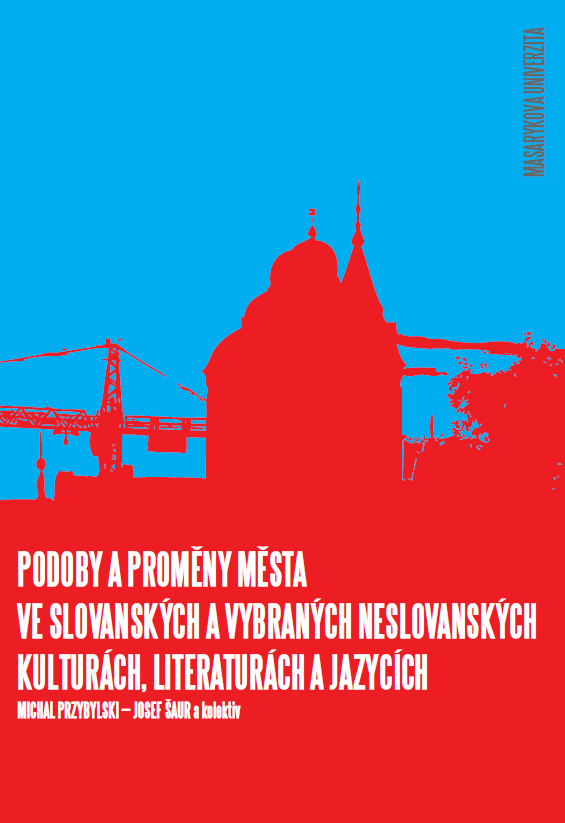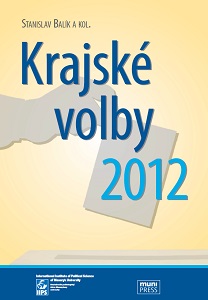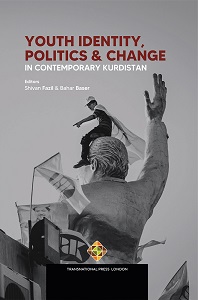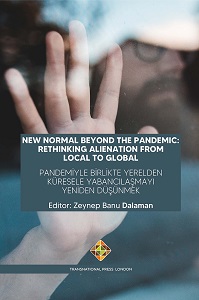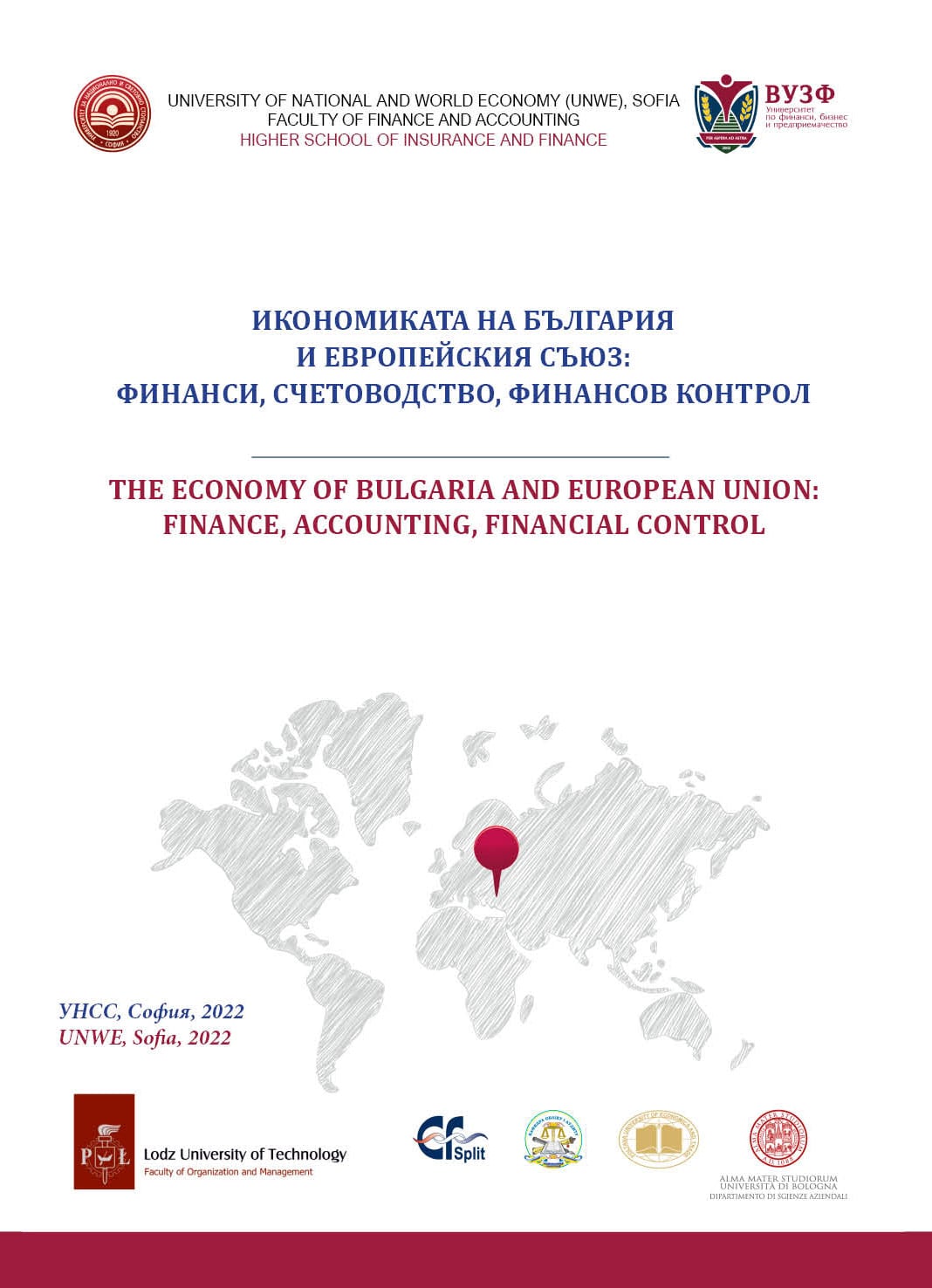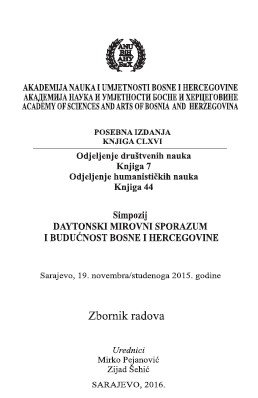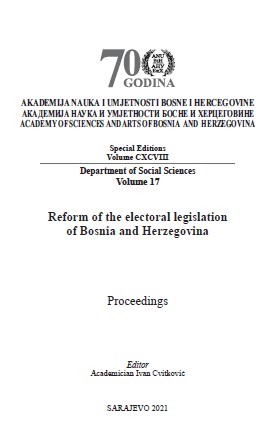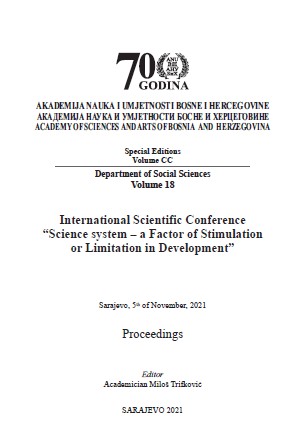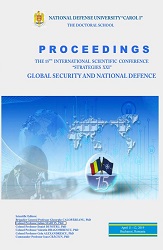
CONSIDERATIONS ON SOCIAL SECURITY. ASPECTS OF SOCIAL SECURITY IN GERMANY
Social security refers to the perceived aptitude for the survival of a community’s identity. At different historical stages, identity communities were diverse - religious groups, clans, tribes, ethnic groups, nations, etc. Communities or identity groups are concerned about their survival by preserving their ethnic and national identity. The identity of a community is defined as a set of ideas and practices that identify individuals as members of a social community (group). Societal insecurity occurs when communities of all kinds define a threat to their identity and survival. According to representatives of the Copenhagen School of Security Studies, threats to social security are diverse; example: migration, horizontal competition, vertical competition, depopulation. With these benchmarks, the present scientific approach aims to bring to the attention of those interested in this complex topic a series of theoretical considerations on social security as well as practical aspects of social security in Germany, a state of the European Union confronted with problems of immigration; at the end of this scientific approach, we will focus on identifying possible answers to a pertinent question “Can refugees/immigrants be a threat or opportunity to the social security of Germany?”
More...
